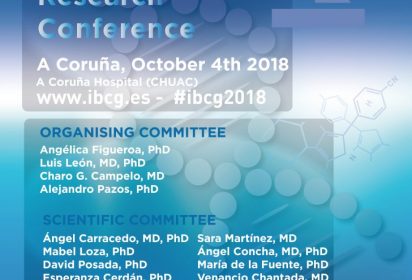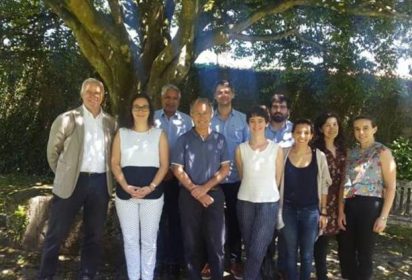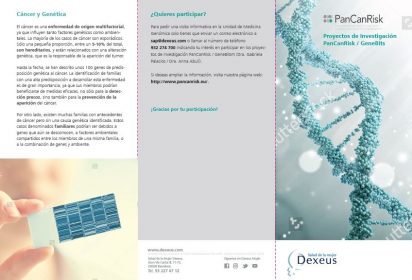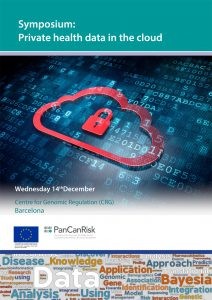The PanCanRisk results has been published on CORDIS and are available here:
Project ID: 635290
Start date: 2015-07-01, End date: 2018-06-30
Cancer sequencing studies have extensively investigated the landscape of somatic mutations that drive tumor development, however the importance of germline variation for cancer susceptibility has been neglected. We hypothesize that for cancer types affecting a large proportion…
Programme: H2020-EU.3.1.6., Country: ES






